Table of Contents (click to expand)
A more comprehensive understanding of Alexander’s rise to power suggests external as well as individual factors that built his ‘greatness’.
Alexander the Great, Alexander III of Macedon, before he became “Great”, was the king of Macedon beginning in 336 BCE. Alexander was the son of King Philip II of Macedon and Queen Olympias, and he was tutored by the philosopher Aristotle during his childhood, who influenced his ideas of kingship and kingdom.
Alexander the Great, as one might guess from his name, is considered one of the greatest military commanders in history. He conquered territories that stretched from Greece to India, defeating multiple empires and kingdoms along the way, including Egypt, Persia (Persian tales often included Iskander, as they called him), and large parts of Central Asia.
He was also a skilled leader and strategist—essential to conquer that much land—who could rapidly adapt to changing circumstances on the battlefield.
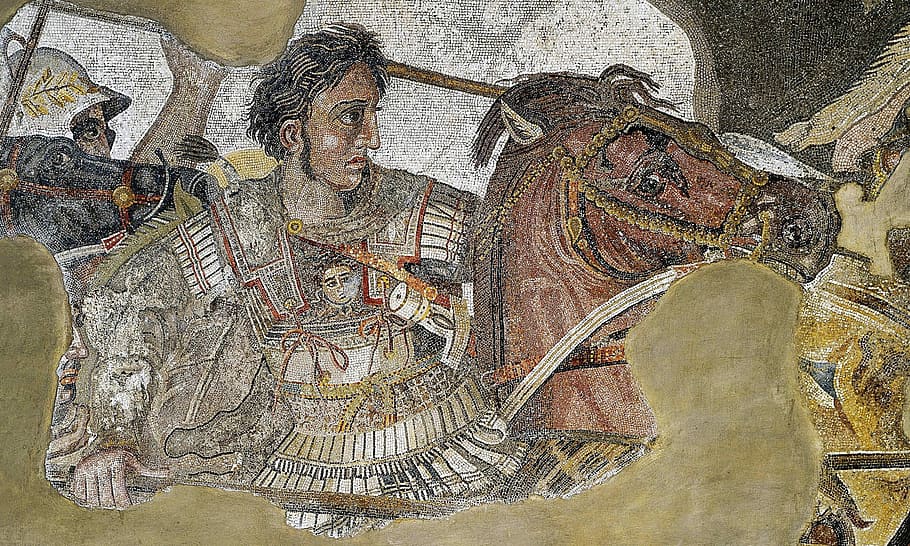
His world-conquering spree also led to new trade routes and expanded commerce between Europe, Asia, and Africa by uniting them under a common command. This laid the groundwork for the Silk Road and other trade networks that would eventually connect the ancient world.
Cultural Impact
Alexander’s conquests spread Greek culture and ideas across the lands he conquered, creating an explosive amalgamation of Greek and Eastern cultures (known as Hellenistic culture). This served to foster a sense of proto-cosmopolitanism, a sense of belonging to a global community in a rudimentary form, leading to a greater exchange of ideas, knowledge, and cultural practices across his dominion.
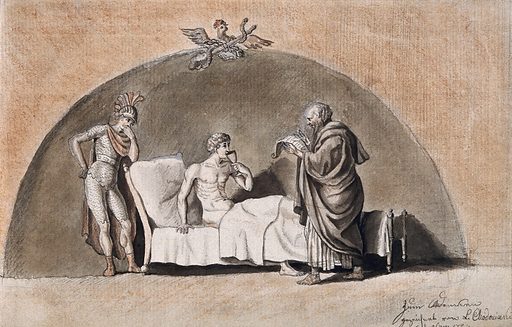
He also founded several cities, including Alexandria in Egypt (housing one of the largest and most important libraries of the ancient world, as well as a lighthouse), incorporating diverse populations into an overarching political structure, which became a microcosm for the blend of learning and culture of two continents. This idealistic approach to conquest aligned with his belief in the superiority of Greek civilization (though he was technically Macedonian…) and his desire to establish a lasting impact.
This fusion had a profound impact on arts, literature, philosophy, and architecture. It is for this reason that Alexander became an important figure years later during the Renaissance, which sought to revive classical Greek and Roman culture through the men, women and gods that lived through it. Renaissance humanists thus saw him as a symbol of glory, courage, wisdom, and cultural achievement.
Also Read: How Did The Spartans Fight?
Political Impact
Alexander’s empire-building also influenced what we now call “political philosophy” by shaping the notions of an ideal monarchy and the relationship between ruler and ruled. He projected his power as unwavering (whether it was truly unwavering or not is up to your interpretation of history) and within that projection, his desire to conquer the world by whatever means necessary.
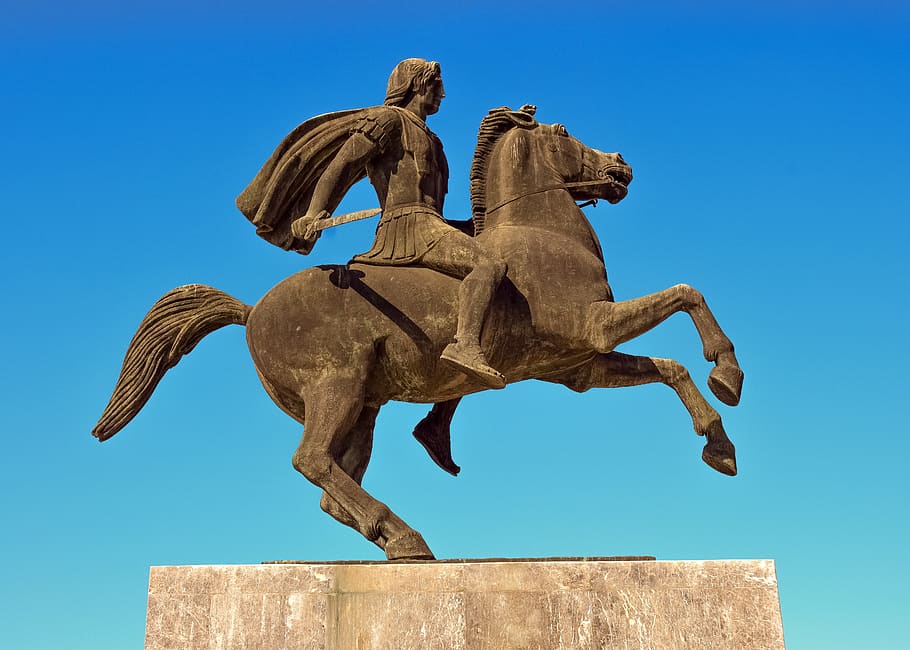
One could speculate to an extent that Alexander’s conquests were driven by the need to secure resources for the Greek ruling class and expand their economic power; however, they were also fueled by his own quest for glory and imperial success.
Alexander’s conquests then, were imperialistic, serving the interests of the ruling elite and perpetuating systems of exploitation and inequality.
Alexander understood the importance of maintaining the loyalty and support of the diverse peoples that he conquered. Through calculated moves and a combination of diplomacy, coercion, and military might, he implemented policies that painted the picture of a culturally diverse, but united empire.
His marriage to Roxana, a Bactrian princess, and his adoption of Persian dress and customs, were all in furtherance of this goal. By adopting local customs and marrying into local royalty, Alexander gained the support and legitimacy he needed. His armies were also multi-ethnic in this fashion.
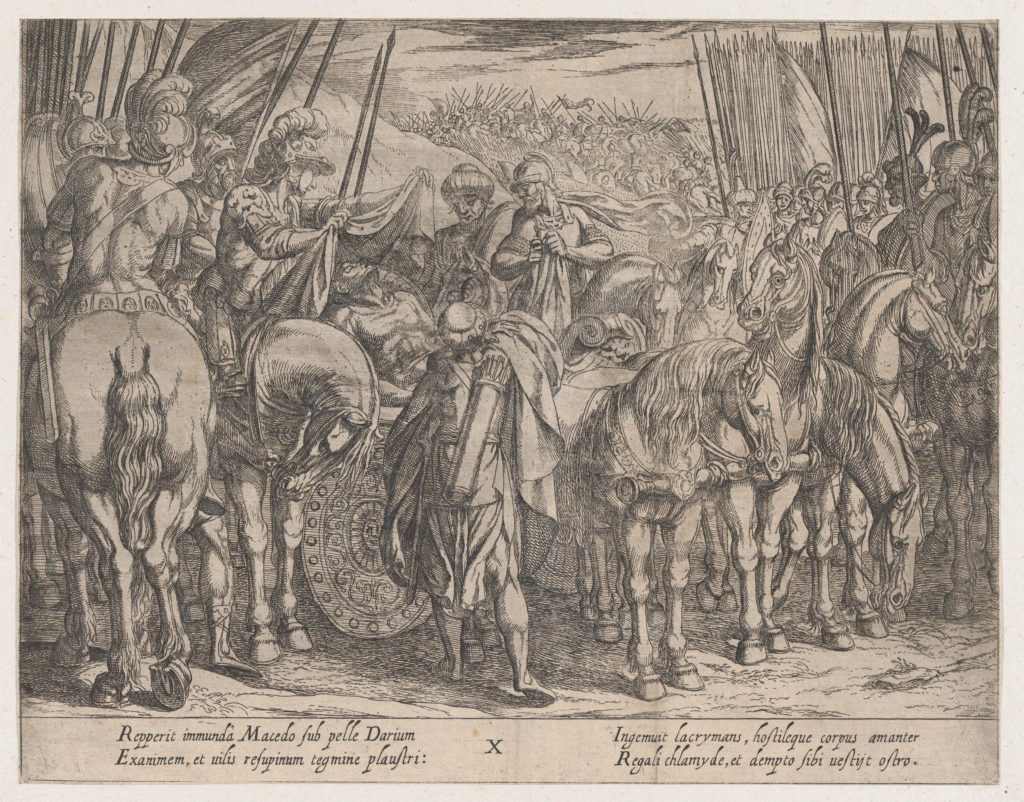
Also Read: Why Was Julius Caesar Assassinated By His Own People?
The Great Man Theory
The multifaceted nature of Alexander’s historical significance can be put through one more interpretation. The Great Man theory, also called the Heroic theory, emphasizes the role of exceptional individuals in shaping history. According to this perspective, influential figures, known as “great men,” have a significant impact on historical events and social change.
Originating in the 19th century, this theory, championed by Thomas Carlyle, suggests that studying the lives and actions of extraordinary individuals with distinct qualities and abilities provides insights into the course of nations and their transformative influence on society.
All that we read often borrows on this theory to paint Alexander as an inhumanly gifted individual, but many socio-cultural and political factors helped him become the ‘great’ man he was. Alexander’s rise to power cannot be solely attributed to his personal qualities as a great man. External factors played a significant role in his success.
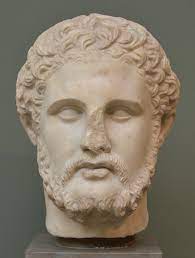
The geopolitical landscape of the time, characterized by the disintegration of the Persian Empire, created favorable conditions for his epic ambitions. The power vacuum and internal divisions within the empire provided an opportunity for Alexander to expand his influence.
Moreover, Alexander benefited from the political and military infrastructure established by his father, King Philip II of Macedon. Philip’s reforms and military advancements provided Alexander with a solid foundation for his conquests. The professionalized Macedonian army, known for its innovative tactics and cohesiveness, gave him a formidable force to command.

Conclusion
The true impact of his conquest is put into perspective when we realize that he conquered much of the known world at the time. Alexander’s greatness stemmed from the choices he made as a king with countless people and resources at his disposal.
His exploits and larger-than-life persona were romanticized and idealized over the centuries by the countless who either looked up to him or sought to match his fame (though it seems unlikely that anyone ever would!). His influence on subsequent empires, such as the Seleucid and Ptolemaic dynasties, the Roman Empire, and the Byzantine Empire, shaped the course of human history. His choices caused political and territorial entities to fall and rise, and even after he died, new empires emerged as a part of his legacy.
How well do you understand the article above!

